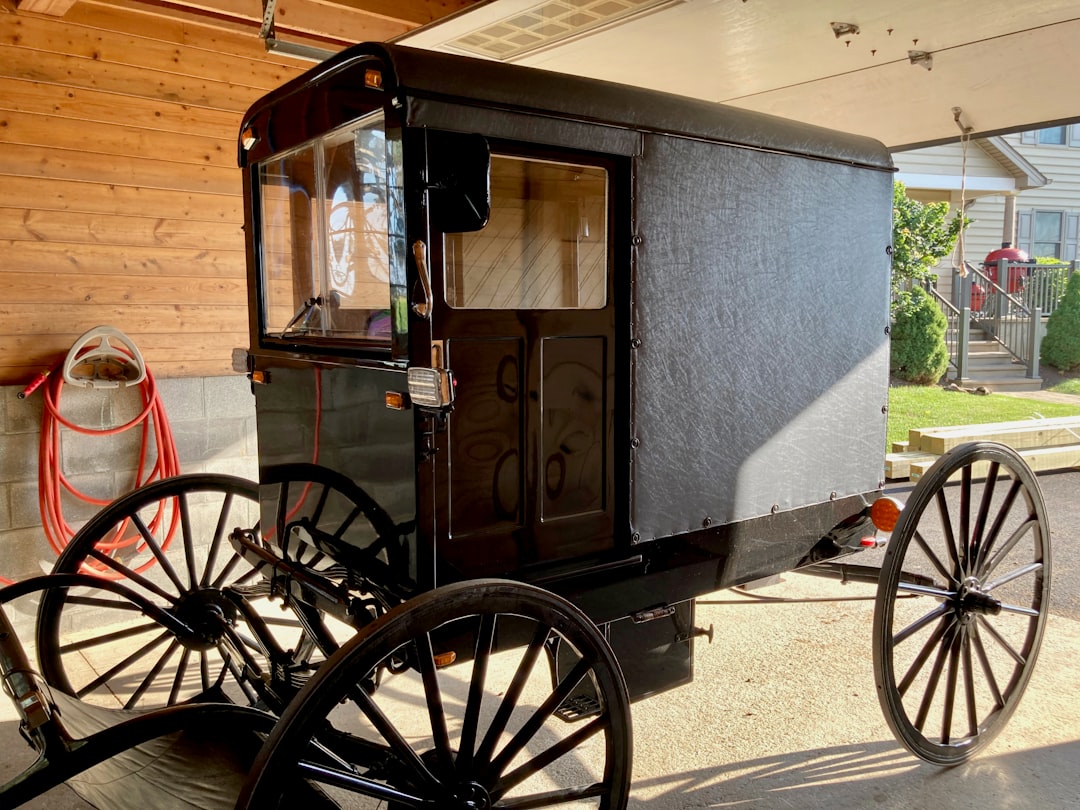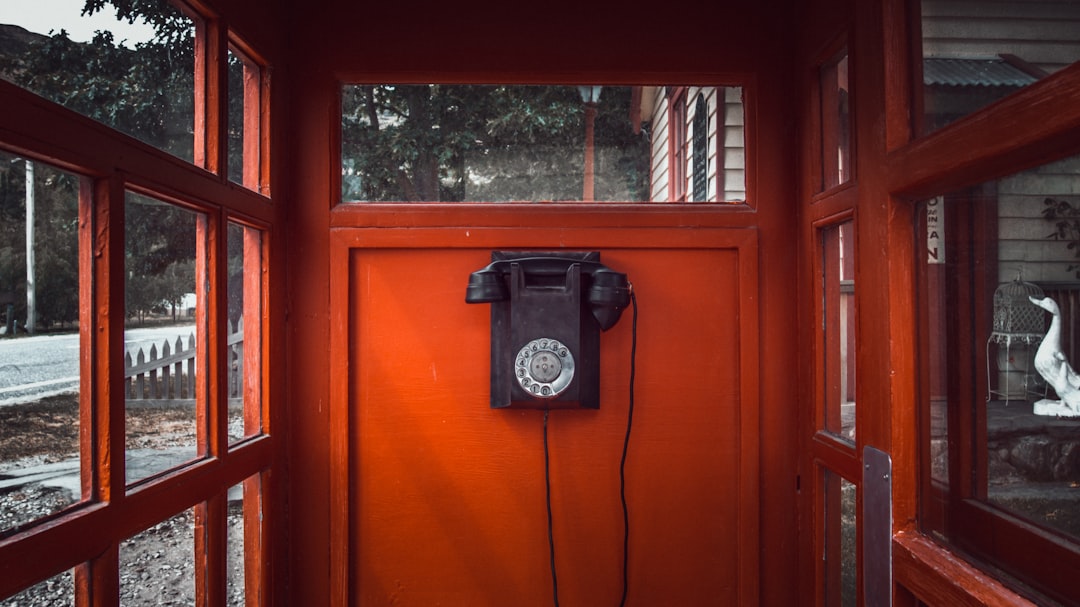Robocalls are a common nuisance in Pennsylvania, but residents can fight back with blocking apps and consumer protection laws like the TCPA. Apps like Hiya, TrueCall, CallBlock, and NoCall use AI and databases to identify and block unwanted calls, while state laws offer legal recourse for excessive or fraudulent robocalls. Adjusting caller ID settings and signing up for Do Not Call lists further reduces unsolicited communication, creating a quieter environment for all Pennsylvania smartphone users. For severe cases, consulting a robocall Attorney Pennsylvania is recommended.
Tired of relentless robocalls on your Pennsylvania smartphone? You’re not alone. These automated calls, often illegal, can be overwhelming. This guide equips Pennsylvania residents with knowledge and tools to combat robocalls effectively. We explore the legal landscape, including consumer protection laws, and present top-rated blocking apps for Android and iOS. Learn strategies to manage unwanted calls and reclaim your phone lines from relentless robocall attorneys.
Understanding Robocalls and Their Impact in Pennsylvania

Robocalls, automated phone calls from unknown numbers, have become a ubiquitous and often unwanted part of daily life in Pennsylvania, much like across the country. While many robocalls promote legitimate businesses or services, they also frequently involve telemarketers or scammers attempting to sell products, solicit donations, or steal personal information. The impact of these calls can be significant, leading to frustration, wasted time, and even financial loss for Pennsylvania smartphone users.
In response to this growing issue, many residents turn to robocall blocking apps as a solution. These applications use various methods, including databases of known robocall numbers and advanced machine learning algorithms, to identify and block unwanted calls. With the help of such apps, Pennsylvania residents can regain control over their phone lines, ensuring they only receive calls from trusted sources. Additionally, state laws and regulations play a crucial role in combating robocalls, with provisions aimed at protecting consumers and holding offenders accountable, including penalties for violators who engage in deceptive or harassing telemarketing practices.
The Legal Perspective: Consumer Protection Laws in PA

In Pennsylvania, consumer protection laws play a crucial role in mitigating the annoyance and potential dangers of robocalls. The state’s Attorney General’s Office actively enforces regulations designed to safeguard residents from deceptive and harassing phone calls. One key law is the Telephone Consumer Protection Act (TCPA), which prohibits automated or prerecorded calls to landlines and mobile phones without prior explicit consent. Violations can result in substantial fines, making it a powerful tool against robocallers.
Pennsylvania’s Unfair Trade Practices and Consumer Protection Law also offers protections against deceptive practices, including false or misleading information used by robocall entities. Consumers who feel they’ve been targeted illegally by automated calls have legal recourse to file complaints with the Attorney General’s Office, which can investigate and take action against violators. These laws reflect the state’s commitment to ensuring that smartphone users in Pennsylvania enjoy peace of mind when answering their phone calls.
Top Robocall Blocking Apps for Android and iOS Users

In today’s digital era, robocalls have become a persistent nuisance for smartphone users across the globe, including those in Pennsylvania. Fortunately, various robust robocall blocking apps are available to provide much-needed relief. For Android users, apps like Hiya and TrueCall stand out due to their advanced AI capabilities that accurately identify and block unwanted calls from telemarketers and scam artists. These apps not only filter out robocalls but also offer additional features like call history and blocking logs for easy reference.
iOS users likewise have a range of options, with CallBlock and NoCall being among the top choices. These apps leverage extensive databases to detect and block robocalls, ensuring that Pennsylvania residents can stay protected while enjoying their favorite activities without the disturbance of unsolicited calls from attorneys or other businesses. With regular updates and user feedback, these robocall blocking apps continue to evolve, providing a robust defense against pesky telemarketers.
How to Effectively Manage and Reduce Unwanted Calls

Managing unwanted calls, particularly from robocalls, can be a challenge for any smartphone user. In Pennsylvania, where robocalls have become increasingly prevalent, implementing effective strategies is crucial. One powerful tool available to Pennsylvania residents is using dedicated robocall blocking apps. These applications employ advanced algorithms and community-driven data to identify and block automated calls. By installing such an app on your device, you gain a layer of protection against unsolicited communication.
Additionally, configuring your phone’s caller ID settings and registering for Do Not Call lists can further reduce the volume of unwanted calls. Pennsylvania residents can also take proactive measures by being cautious about sharing their contact information and being wary of unknown numbers. Collaborating with local legal authorities and consumer protection agencies to report persistent robocallers can also make a significant difference in deterring these nuisance calls, ensuring a quieter and safer communication environment for all smartphone users across the state.






